Content Marked with: Edward Schwieterman
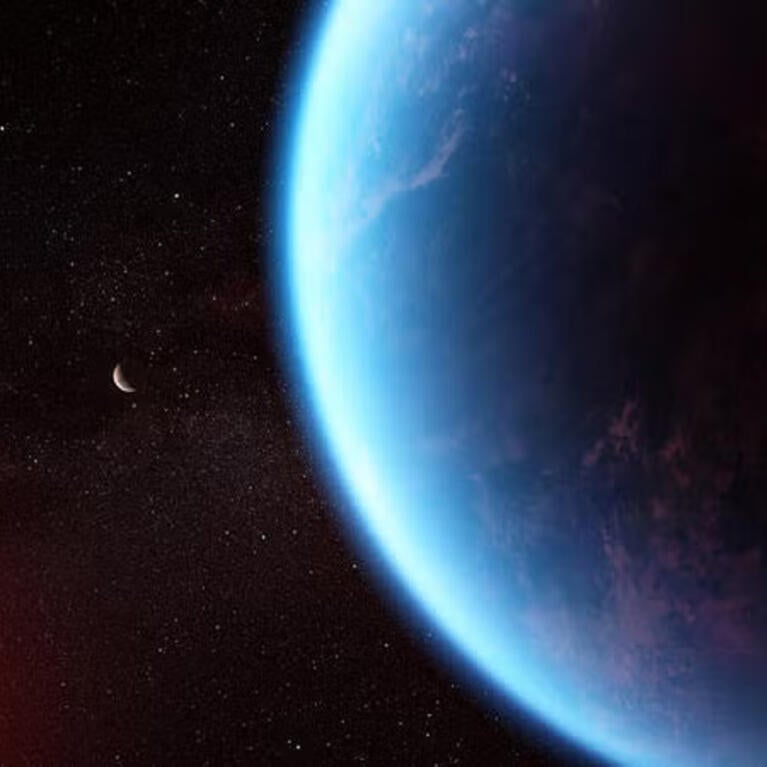
Signs of alien life may be hiding in these gases
Scientists have identified a promising new way to detect life on faraway planets, hinging on worlds that look nothing like Earth and gases rarely considered in the search for extraterrestrials. In a new Astrophysical Journal Letters paper, researchers from the University of California, Riverside, describe these gases, which could be detected in the atmospheres of...
By Jules Bernstein |
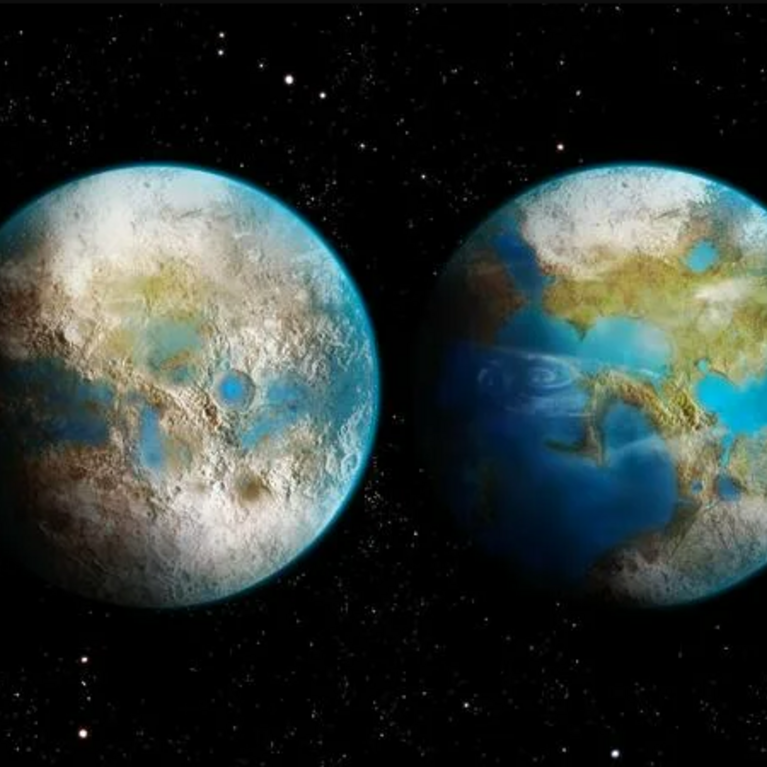
Telltale greenhouse gases could signal alien activity
If aliens modified a planet in their solar system to make it warmer, we’d be able to tell. A new UC Riverside study identifies the artificial greenhouse gases that would be giveaways of a terraformed planet. A terraformed planet has been artificially made hospitable for life. The gases described in the study would be detectable...
By Jules Bernstein |

Webb telescope probably didn’t find life on an exoplanet — yet
Recent reports of NASA’s James Webb Space Telescope finding signs of life on a distant planet understandably sparked excitement. A new study challenges this finding, but also outlines how the telescope might verify the presence of the life-produced gas. The UC Riverside study , published in the Astrophysical Journal Letters, may be a disappointment to...
By Jules Bernstein |

Broccoli gas: a better way to find life in space
"Broccoli, along with other plants and microorganisms, emit gases to help them expel toxins. Scientists believe these gases could provide compelling evidence of life on other planets. These types of gases are made when organisms add a carbon and three hydrogen atoms to an undesirable chemical element. This process, called methylation, can turn potential toxins...
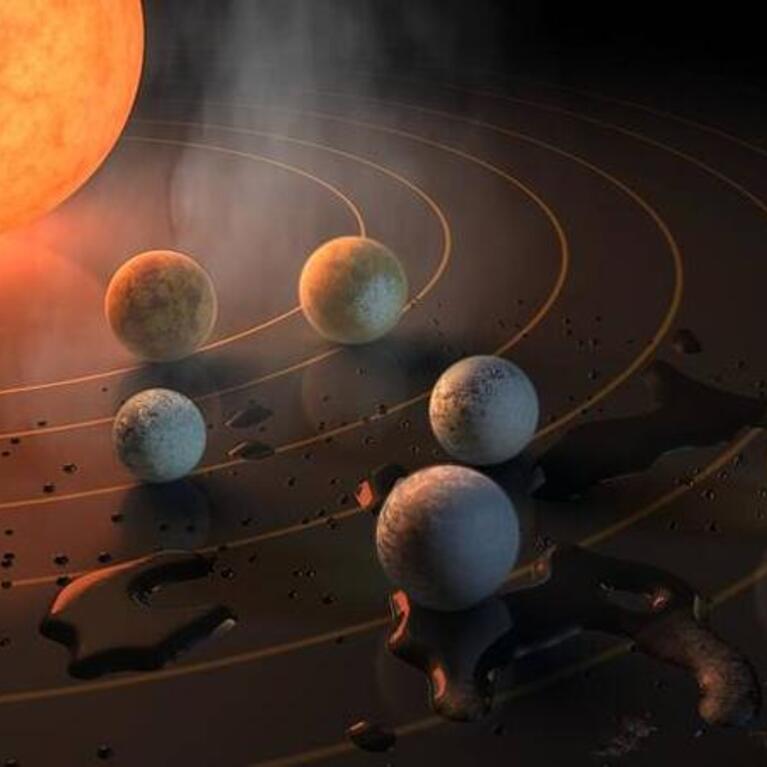
Laughing gas in space could mean life
"Scientists at UC Riverside are suggesting something is missing from the typical roster of chemicals that astrobiologists use to search for life on planets around other stars — laughing gas. Chemical compounds in a planet’s atmosphere that could indicate life, called biosignatures, typically include gases found in abundance in Earth’s atmosphere today." Read more.
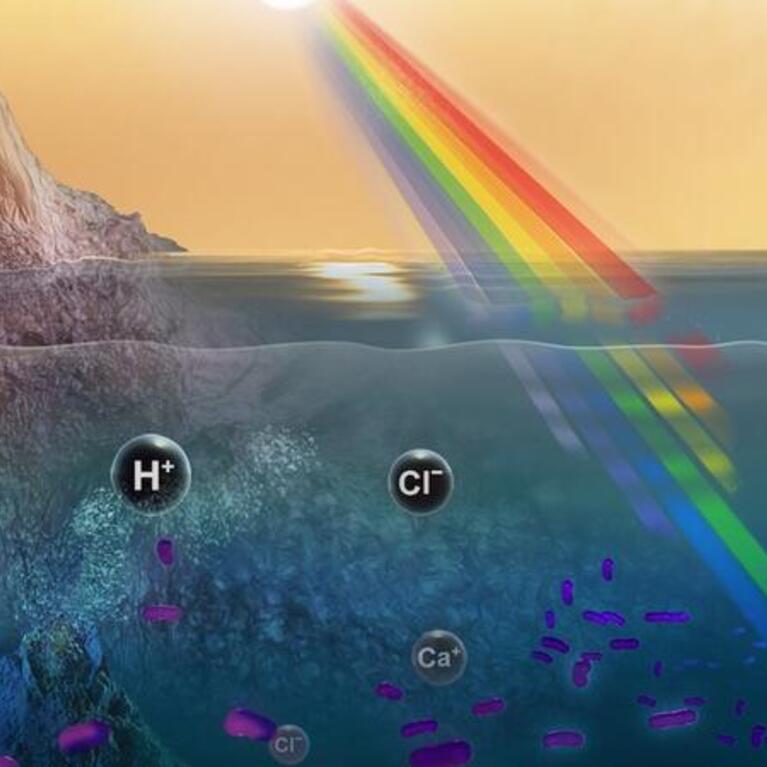
Ancient microbes may help us find extraterrestrial life forms
"Using light-capturing proteins in living microbes, scientists have reconstructed what life was like for some of Earth’s earliest organisms. These efforts could help us recognize signs of life on other planets, whose atmospheres may more closely resemble our pre-oxygen planet. The earliest living things, including bacteria and single-celled organisms called archaea, inhabited a primarily oceanic...
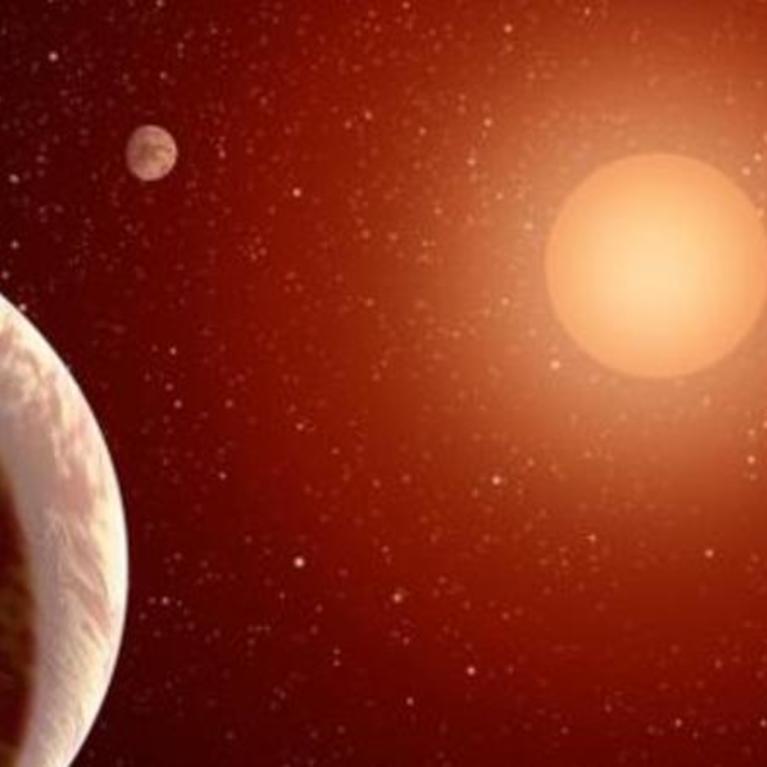
Investigating the potential for life around the galaxy’s smallest stars
"When the world’s most powerful telescope launches into space this year, scientists will learn whether Earth-sized planets in our ‘solar neighborhood’ have a key prerequisite for life — an atmosphere. These planets orbit an M-dwarf, the smallest and most common type of star in the galaxy. Scientists do not currently know how common it is...
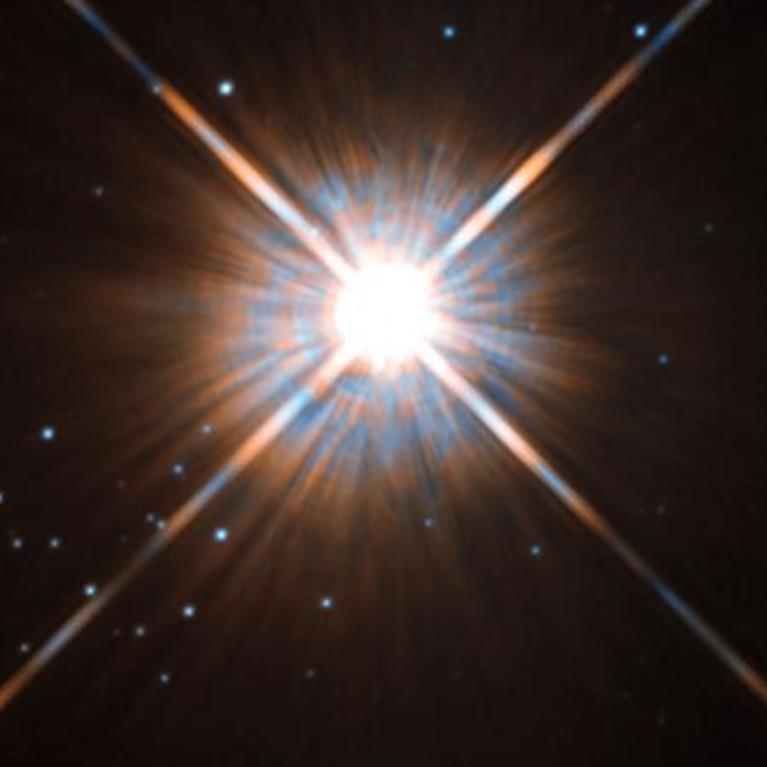
Carbon monoxide detectors could warn of extraterrestrial life
Carbon monoxide detectors in our homes warn of a dangerous buildup of that colorless, odorless gas we normally associate with death. Astronomers, too, have generally assumed that a build-up of carbon monoxide in a planet’s atmosphere would be a sure sign of lifelessness. Now, a UC Riverside-led research team is arguing the opposite: celestial carbon...

UCR Team Among Scientists Developing Guidebook for Finding Life Beyond Earth
"If you’re looking for a manual on the hunt for alien life, you’re in luck. Some of the leading experts in the field, including a UC Riverside team of researchers, have written a major series of review papers on the past, present, and future of the search for life on other planets. Published in Astrobiology...
Let us help you with your search